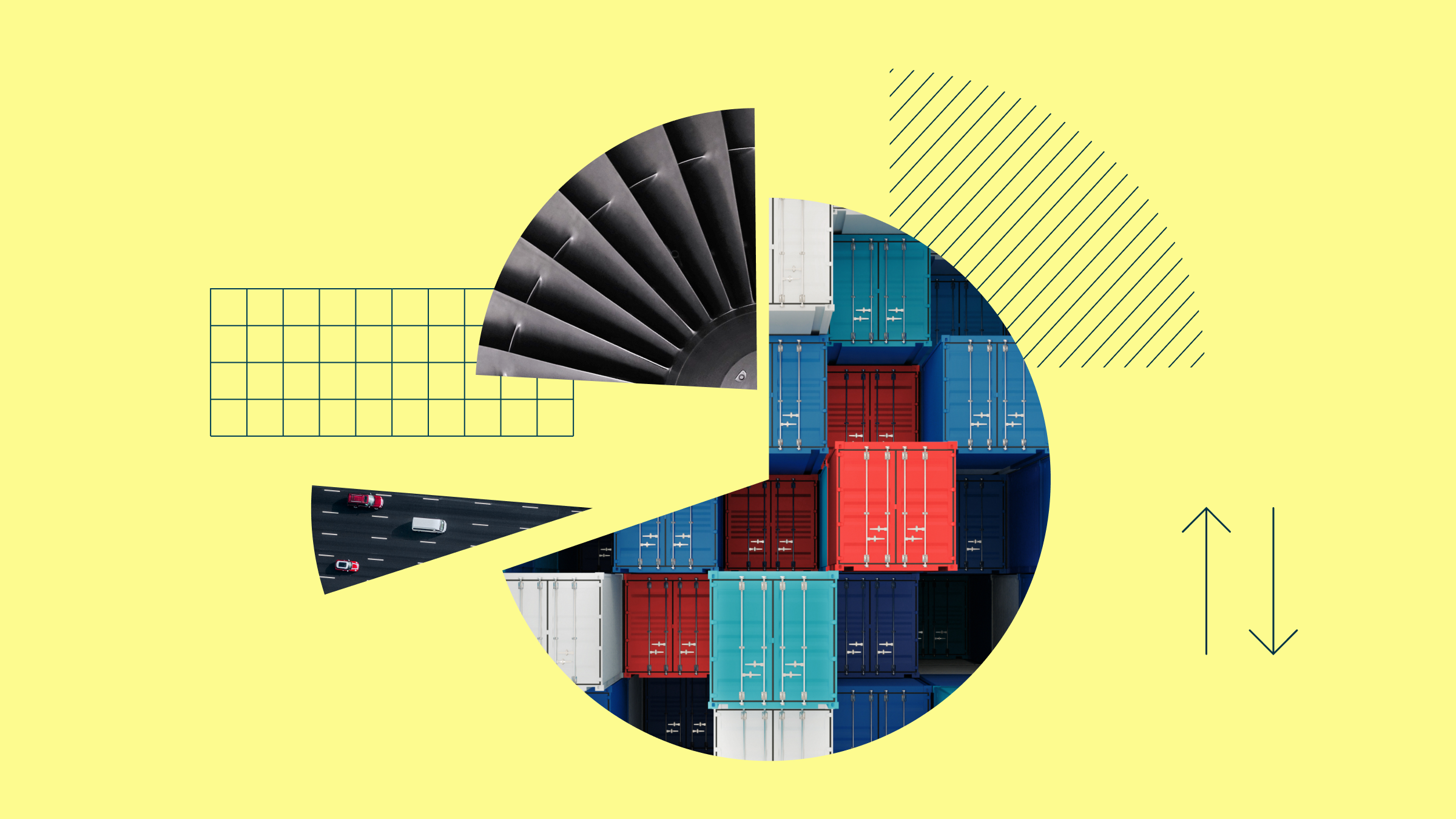Canada's roller-coaster ride of job creation continued in July with a job loss of 39,400, which drove a 10-basis-point increase in the unemployment rate to 7.2%. The loss was very disappointing, given expectations of a 10,000-job gain. For the first time in a year and a half, full-time jobs declined for two consecutive months. Worse yet, average hourly wages of permanent employees grew only 1.35% from the year-ago period. This is down from the 2% growth generated in June and was the slowest pace in 21 months.
Canada's trade deficit fell in June by 40% month on month to $469 million, coming in 6% better than expectations. But the country has been in a trade deficit since the beginning of 2012, and the export market remains under pressure. Canada's market share of U.S imports has fallen in recent years given the growth in Asian markets like China. This dynamic isn't likely to change anytime soon, although an economic recovery in the United States is still a necessary growth driver for Canadians. Bank of Canada Governor Stephen Poloz acknowledges the Canadian economy is expected to be "choppy in the near term," thus making a rate hike (from the current 1%) very unlikely.















